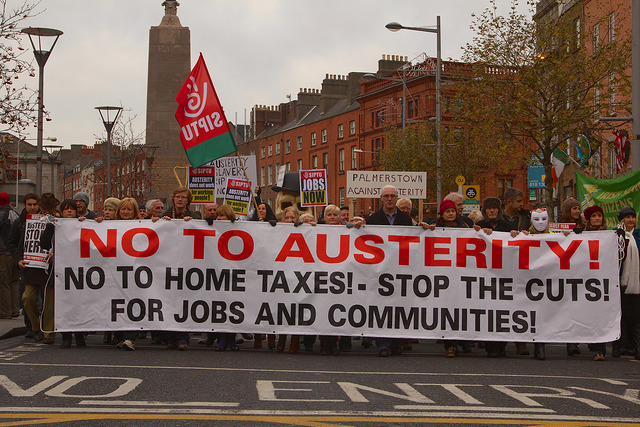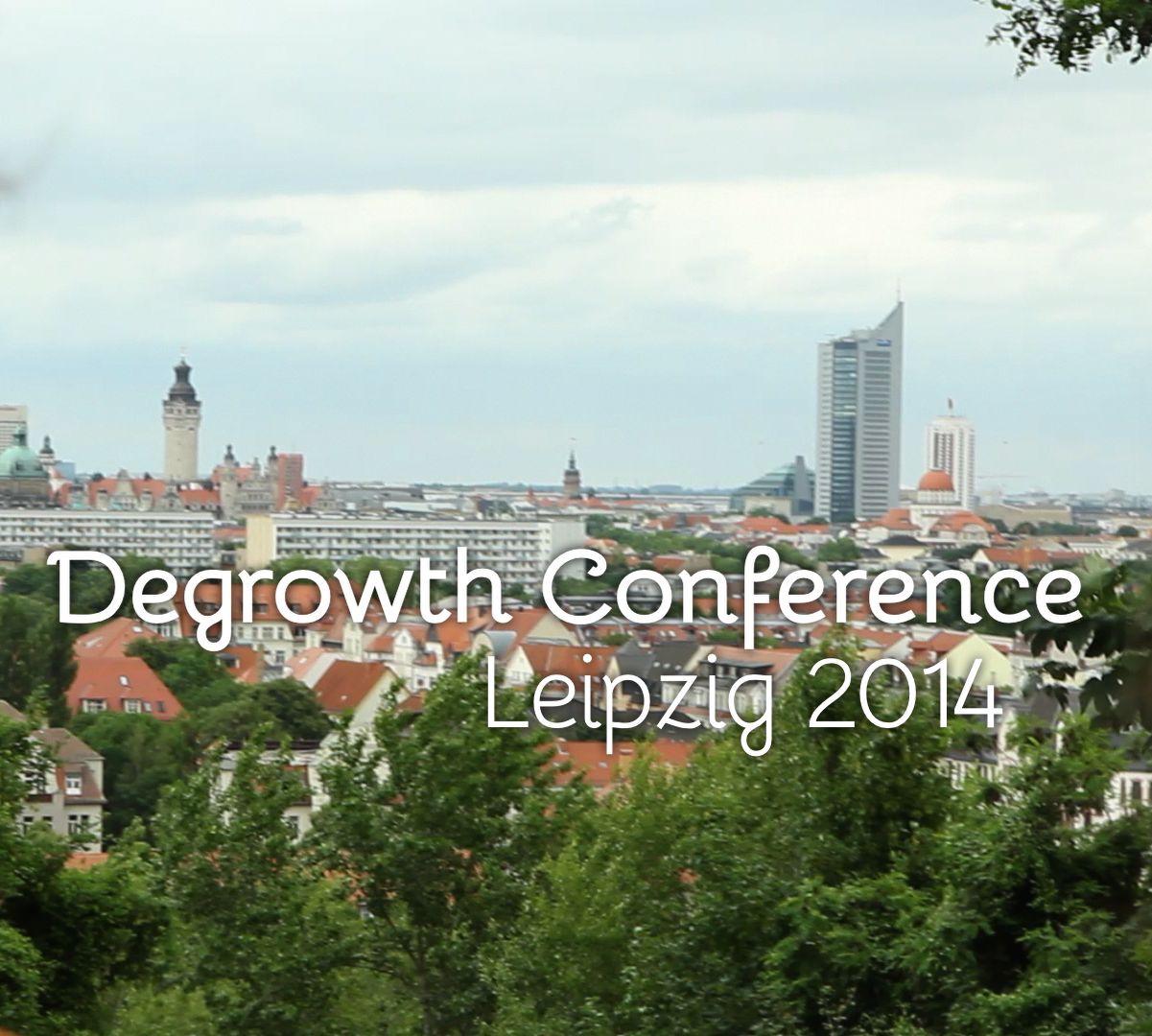The degrowth-conference took place in Leipzig in September 2014. Fortunately, the collected voluntary participation fee was higher than expected. This enables the conference team to allocate 9.000 Euro for project funding.
Be it the promotion of discussions, the generation of knowledge, the education of people or a practical activity: The money should go to support small projects and courageous initiatives towards degrowth. It is planned to fund a minimum of 5 projects with 500 up to 2.500 Euro in the year 2015.
Deadline for applications is the 1st of September 2015. > Here you can find more information.There is a wide range of emancipatory alternatives working towards a social-ecological transformation. It is more important than ever to underline this. From Brexit, to the AfD (Alternative für Deutschland) in Germany, to Trump —the current political turmoil is a clear sign of the discontent that exists with the prevailing system, and that expresses itself through a societal shift towards t...

How the conflation with neoliberalism and austerity unfairly reduces the idea of degrowth to absurdity – and where the degrowth movement can turn for answers to the crisis. The degrowth movement has been developed in response to neoliberal reality, neoliberalism's comically reductive view of human nature, its ecological blindness and the rise in social inequality it has brought about. Austerit...

In order to make our conference a truly democratic and inclusive event, we have started an exciting crowdfunding-campaign. It will run for 55 days and ends shortly before the conference. Our goal is to enable as many people as possible to participate in the conference and to contribute to a change towards a society beyond the imperative of economic growth. In order to achieve this, however, we...